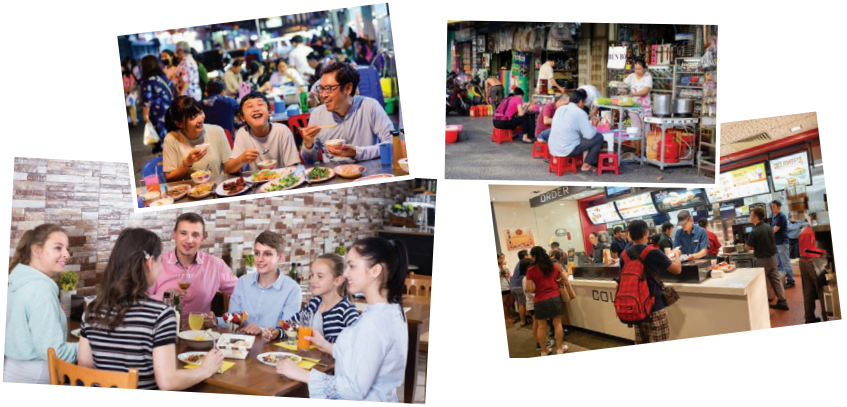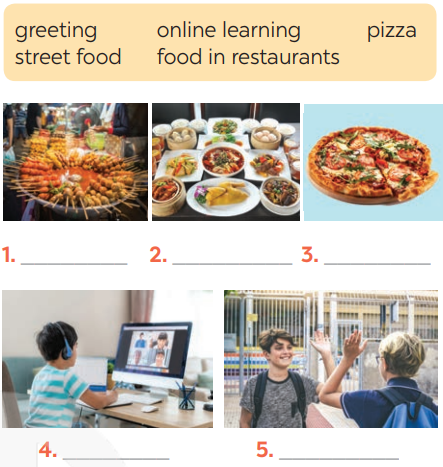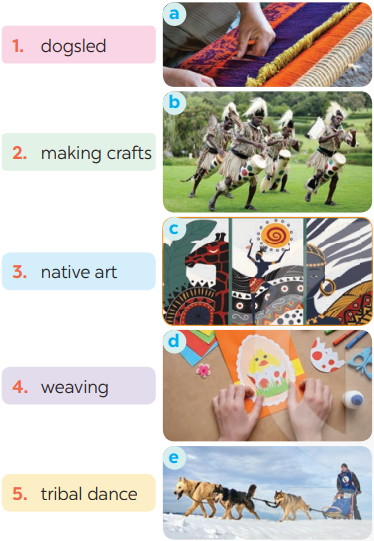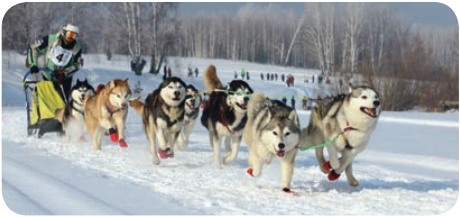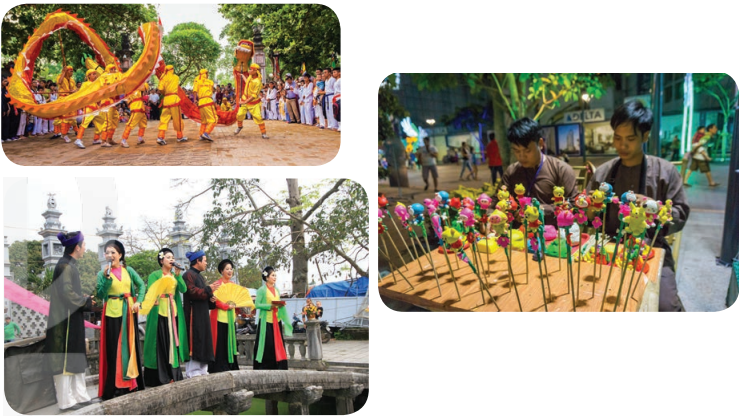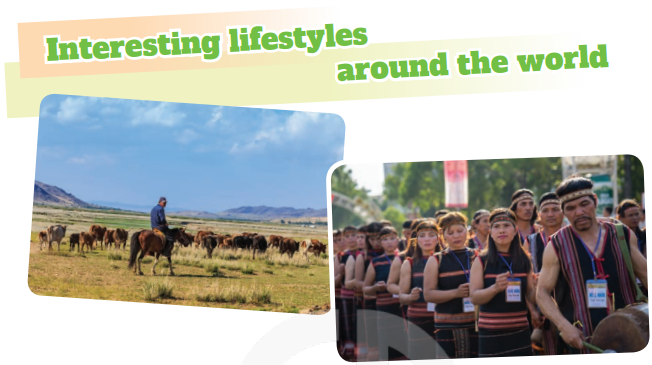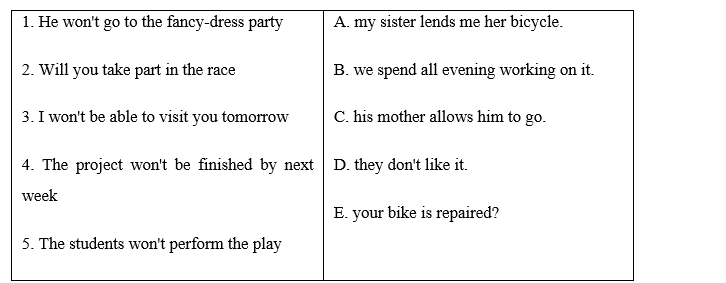Giải SGK, SBT Unit 6. Lifestyles Global Success
Giải SGK, SBT Unit 6 Global Success
2. Read the conversation again and complete the table.
(Đọc lại bài hội thoại và hoàn thành bảng.)
|
In Nam’s country |
In Tom’s country |
|
- Students greet teachers by their title. - People eat breakfast (2) _____. - People buy and sell food on the roadside. |
- Students refer to their teachers as Mr, Mrs, or Miss and their teachers' (1) _____. - People eat breakfast at home. - People often buy food in a (3) _____. |
3. Complete each sentence with a word or phrase from the box.
(Hoàn thành các câu sau với một từ hoặc cụm từ trong hộp.)
|
greet practice serve lifestyle in the habit of |
1. A balanced diet and exercise are important for a healthy _____.
2. Handshaking, bowing, and hugging are some of the ways in which people _____ one another.
3. Waiters and waitresses _____ food in restaurants.
4. Going out for breakfast has become a common _____ in this city.
5. My mum is _____ keeping everything in the kitchen bright and clean.
2. Complete the sentences with the words and phrases from the box.
(Hoàn thành các câu với các từ và cụm từ trong hộp.)
|
tribal dances weaving dogsled making crafts native art |
1. The traditional craft of the villagers is _____ bamboo baskets.
2. We all joined in the _____ when we attended the local festival.
3. The gallery in the city centre has an excellent collection of _____.
4. Hoa is very keen on _____. She loves to knit gloves after school.
5. The ______ is still used as a means of transport in Alaska today.
Grammar
The future simple (Thì tương lai đơn)
1. Use the verbs from the box with will or won't to complete these dialogues.
(Sử dụng các động từ trong hộp với will hoặc won't để hoàn thành các đoạn hội thoại này.)
| take have tell join attend do |
Example: (Ví dụ)
A: What are you doing this weekend?
(Cuối tuần này bạn làm gì?)
B: I don't know yet. I think my dad will take us to the Ethnology Museum.
(Tôi vẫn chưa biết. Tôi nghĩ bố tôi sẽ đưa chúng tôi đến Bảo tàng Dân tộc học.)
1. Alice: Are you taking exams next week, Phong?
Phong: I'm not sure. The teacher _____ us tomorrow.
2. Linh: Where are you going on the holiday, Chris?
Chris: We're planning to visit Ta Ho Village. We _____ the local festival, but we _____ the tribal dance as it is late in the evening.
3. Dad: Are you having online lessons tomorrow?
Daughter: No. We _____ lessons, but we _____ experiments in the lab.
2. Match the highlighted words in the text with their meanings.
(Nối các từ được đánh dấu trong văn bản với ý nghĩa của chúng.)
|
1. maintain |
a. particular ways of doing something |
|
2. styles |
b. people who drive dogsleds |
|
3. experience |
c. to do or feel something |
|
4. mushers |
d. to keep, make something continue |
2. Listen to the conversation and tick (✓) T (True) or F (False).
(Nghe đoạn hội thoại và đánh dấu (✓) T (True) hoặc F (Sai).)
|
|
T |
F |
|
1. When Mai was studying online, the power went off. (Khi Mai đang học trực tuyến thì mất điện.) |
|
|
|
2. Chris likes studying online as it’s convenient. (Chris thích học trực tuyến vì nó tiện lợi.) |
|
|
|
3. Mai says it’s easy to concentrate when learning online. (Mai nói rằng rất dễ tập trung khi học trực tuyến.) |
|
|
|
4. Chris disagrees that technology improves friendship. (Chris không đồng ý rằng công nghệ gắn kết tình bạn.) |
|
|
|
5. Mai thinks technology is changing our way of learning and working. (Mai nghĩ là công nghệ đang thay đổi cách chúng ta học tập và làm việc.) |
|
|
Vocabulary
1. Match each word or phrase with its meaning.
(Nối mỗi từ hoặc cụm từ với nghĩa của nó.)
|
1. lifestyle |
a. making things with one’s hands, using skills |
|
2. common practice |
b. a vehicle pulled by dogs (usually over snow) |
|
3. street food |
c. the way in which individuals or groups of people live and work |
|
4. making crafts |
d. the usual way of doing something |
|
5. dogsled |
e. ready-to-eat food or drink sold in a street or other public places |
2. Complete each sentence with a word or phrase from the box.
(Hoàn thành mỗi câu với một từ hoặc cụm từ từ hộp.)
|
maintain in the habit of greeted lifestyle online lessons |
1. My younger sister is _____ listening to music while studying.
2. The native people there _____ us warmly when we arrived.
3. Many people are trying to adopt a healthy _____ these days.
4. I believe that _____ are not as interesting as offline lessons.
5. It is difficult for some villages to _____ their traditional lifestyle.













